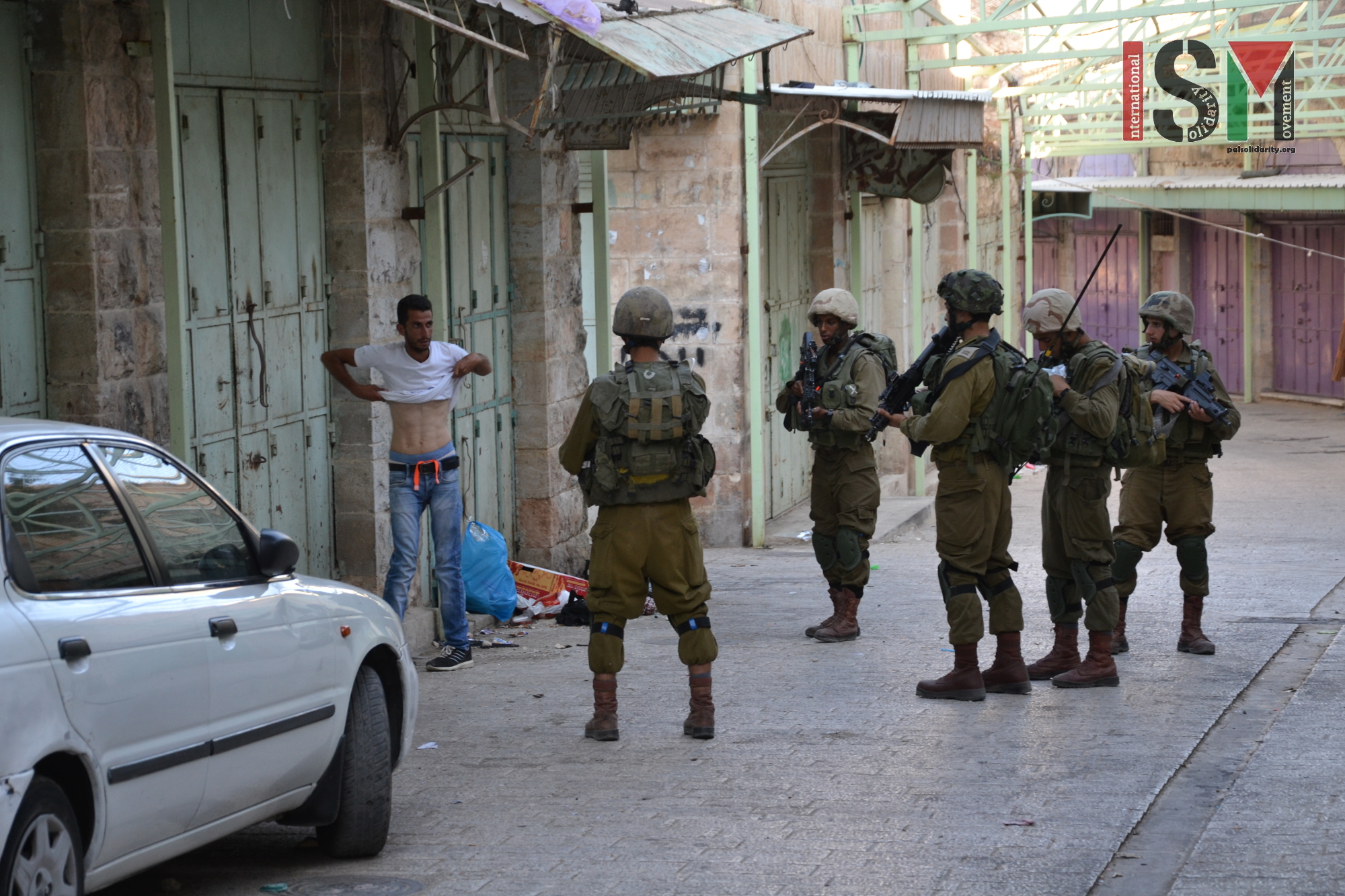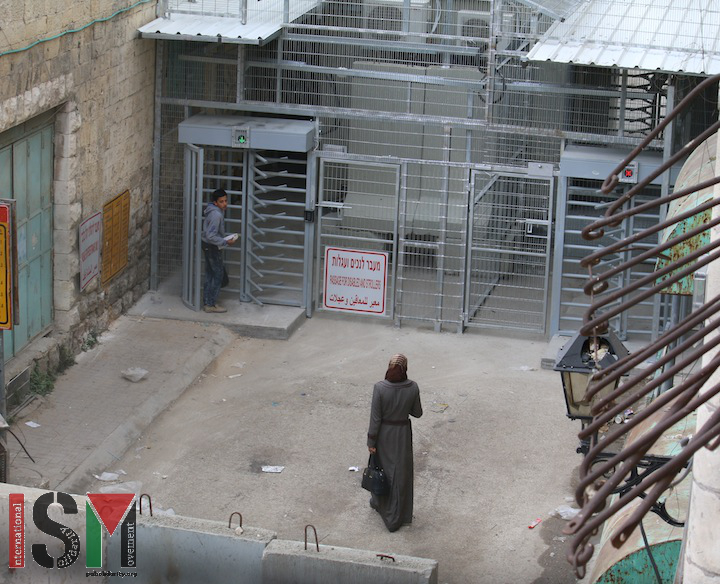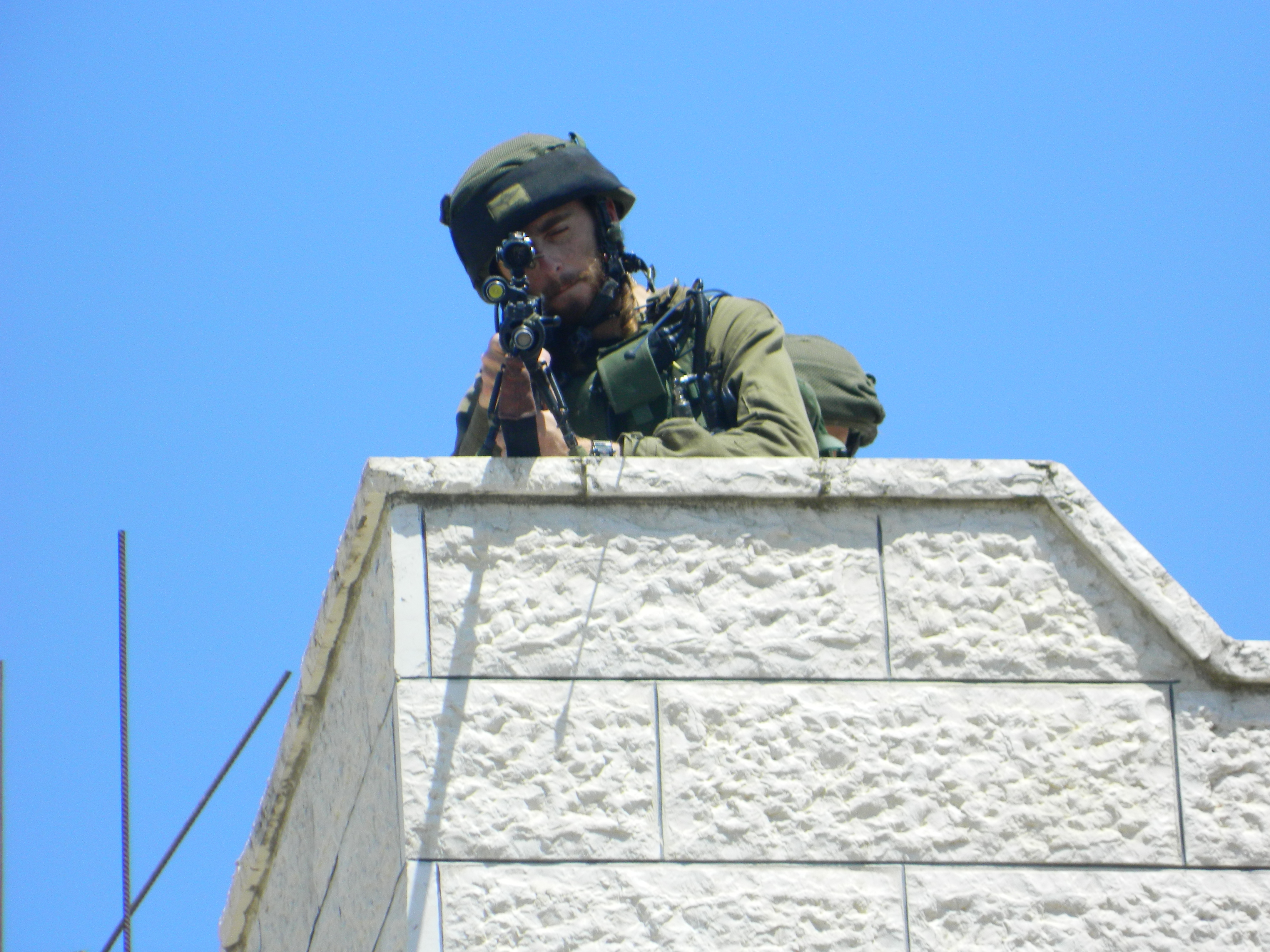Category: Journals
-

Control and ID-check of Palestinians
23th August 2016 | International Solidarity Movement, al-Khalil team | Hebron, occupied Palestine As a Palestinian you have to have your ID on you at all times, otherwise you may get detained or arrested. In Palestine they have 3 different kinds of ID. The green ID is for people who live in the West Bank.…
-

Security or humiliation?
20th August 2016 | International Solidarity Movement, al-Khalil team | Hebron, occupied Palestine People queuing up in lines at the checkpoint, a father with his wife, two toddlers and a baby in the arms. Trying to pass. A soldier yells at the mother who is carrying the baby to go back, “akhora. AKHORA!”, with a…
-

“It’s not very quiet there” – the invasion of Al Fawwar refugee camp
Tuesday morning at 8:30 we received a call from Badee Dwaik, one of the co-ordinators of Human Rights Defenders, a Palestinian human rights group, about the unfolding situation in Al Fawwar refugee camp. Around 2:00 that morning, hundreds of Israeli soldiers invaded the village. Claiming they were looking for weapons, they went from home to…
